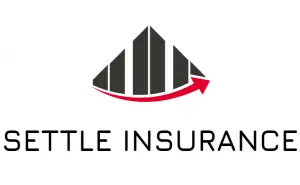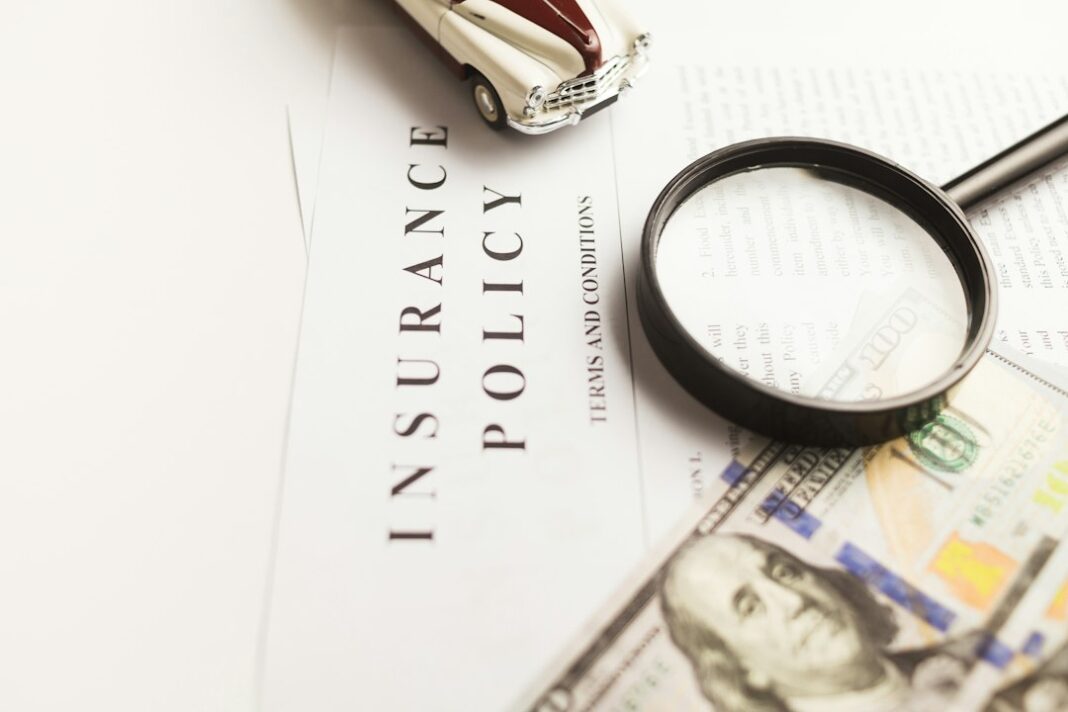“This post may contain affiliate links, if you click a link we may earn a commission if you purchase from that merchant.”
Accidents are an unfortunate reality of driving, and they can happen to even the most cautious and safe drivers. When you find yourself in an accident that isn’t your fault, it’s crucial to understand your rights and options to protect yourself and your finances. Knowing how to navigate the aftermath of an accident can make a significant difference in how smoothly the process goes. From understanding your insurance policy to knowing how to handle the other driver’s insurance company, being informed can help you make the best decisions for your situation.
Car insurance plays a vital role in protecting you financially in case of an accident. Not only does it provide coverage for damages to your vehicle, but it can also help cover medical expenses and liability costs. In most states, having car insurance is a legal requirement, and driving without it can result in fines or even license suspension. By having the right insurance coverage, you can have peace of mind knowing that you are financially protected in the event of an accident that isn’t your fault.
Understanding your auto insurance policy is essential when it comes to knowing what is covered and what is not. Take the time to review your policy and familiarize yourself with the details, including deductibles, coverage limits, and any exclusions. Knowing this information can help you make informed decisions when filing a claim with your insurance company. It’s also important to be aware of any additional coverage options you may have, such as uninsured/underinsured motorist coverage or collision coverage, which can provide added protection in the event of an accident that isn’t your fault.
If you found the article “How to Handle an Accident That Isn’t Your Fault” helpful, you may also be interested in learning more about the different types of auto insurance coverage available. Understanding your insurance policy is crucial in ensuring you have the right protection in place. Check out this informative article on types of auto insurance coverage to make sure you have the right coverage for your needs.
Table of Contents
FAQs
What should I do if I am involved in an accident that isn’t my fault?
If you are involved in an accident that isn’t your fault, you should first check for injuries and call emergency services if necessary. Then, exchange information with the other driver(s) involved, including names, phone numbers, and insurance information. Take photos of the damage and the scene of the accident, and contact your insurance company to report the accident.
Do I need to contact the police if I am in an accident that isn’t my fault?
It is recommended that you contact the police if you are involved in an accident that isn’t your fault. The police can create an official report of the accident, which can be helpful when filing an insurance claim.
What should I do if the other driver doesn’t have insurance?
If the other driver doesn’t have insurance, you may need to file a claim with your own insurance company. You may also need to take legal action to recover damages from the other driver.
What if the other driver disputes that the accident was their fault?
If the other driver disputes that the accident was their fault, you may need to provide evidence to support your claim. This can include photos of the damage and the scene of the accident, witness statements, and the police report.
Should I speak to the other driver’s insurance company?
It is generally not recommended that you speak to the other driver’s insurance company without first consulting with your own insurance company or an attorney. The other driver’s insurance company may try to minimize your claim or use your statements against you.


































